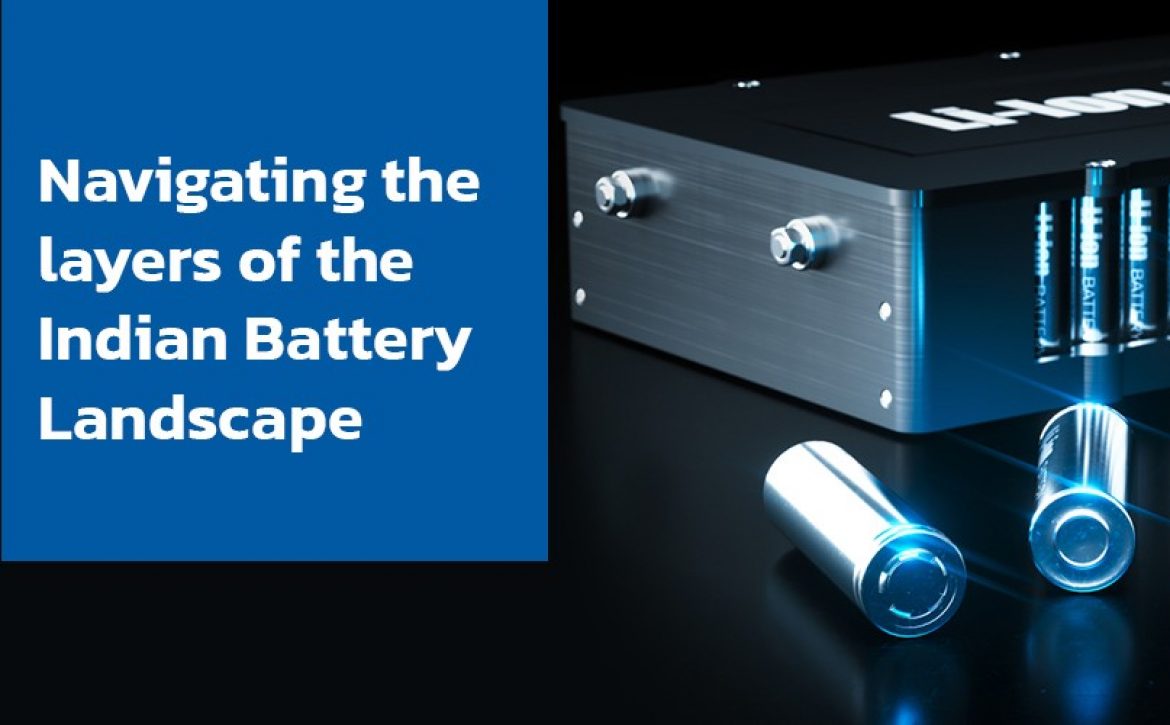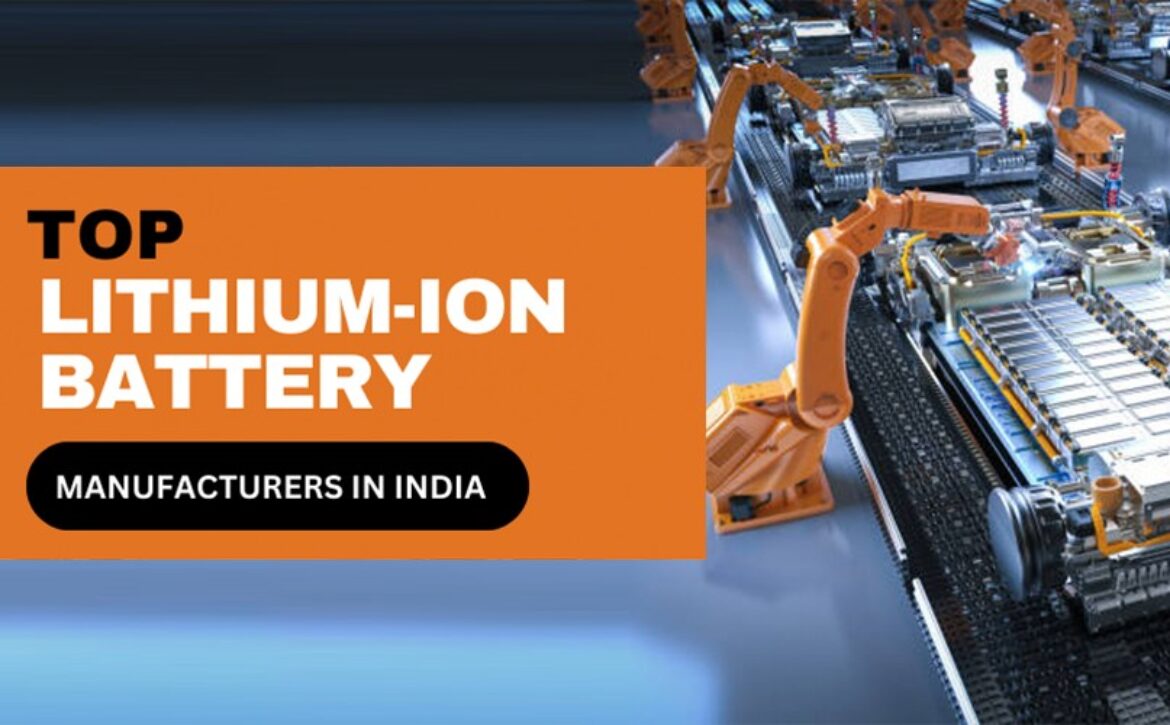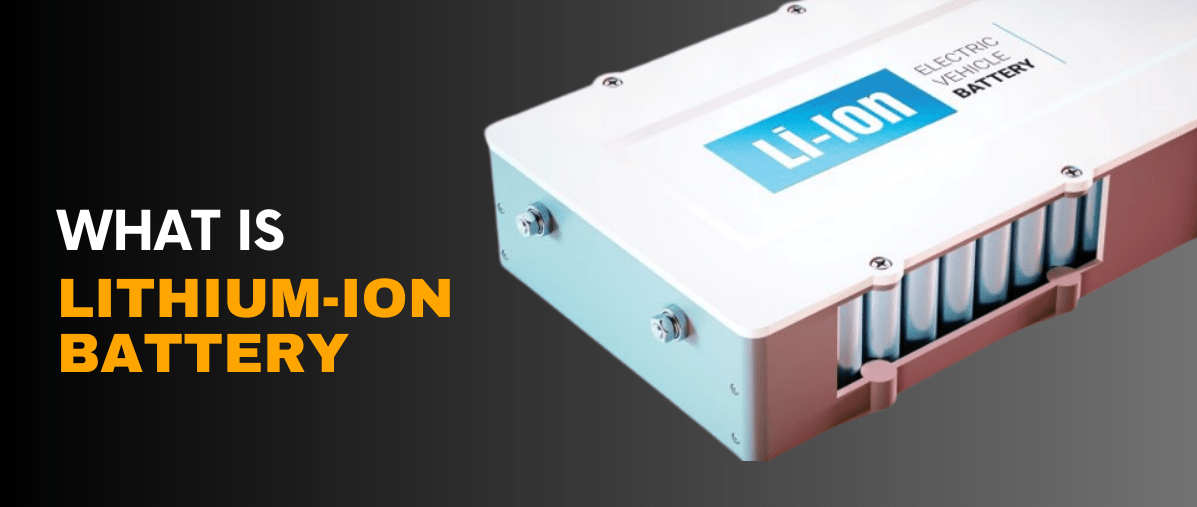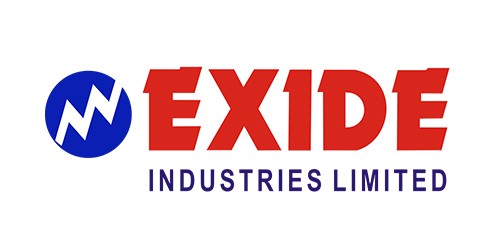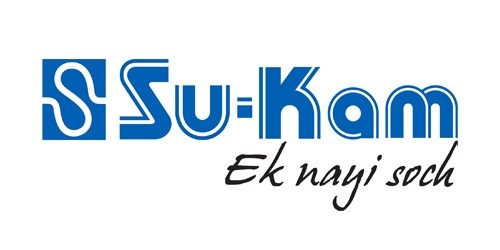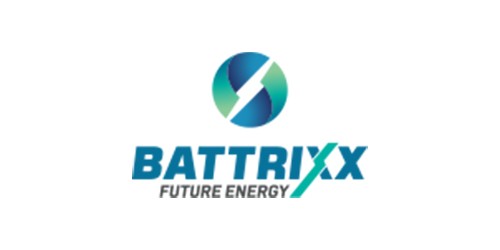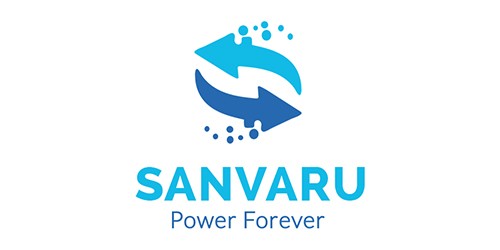10 Best Tips for Maximising Your EV’s Battery Life Span
Electric Vehicles (EVs) are gaining popularity as a cleaner, more efficient alternative to petrol/diesel cars. However, the longevity of your EV’s battery is key to ensuring you get the most out of your vehicle. By taking proper care of the battery, you can reduce maintenance costs and extend the range and life of your EV. Like any vehicle component, the EV battery requires proper care to ensure longevity and optimal performance. Maximizing your battery life enhances your vehicle’s efficiency and saves you from the expense of early replacements. In this blog, we’ll provide you with 10 valuable tips to help you get the most out of your EV battery.
What Is the Lifespan of Electric Car Batteries?
Electric cars, powered by lithium-ion batteries, have seen remarkable advancements in recent years. Designed for durability, these batteries have a lifespan between 8 to 15 years, with most EV warranties starting at 8 years. Future improvements in battery technology are expected to make them outlast the lifespan of the vehicle itself. The overall durability of an EV battery depends on several factors, including usage, environmental conditions, and maintenance. To ensure optimal performance and longevity, always refer to your vehicle’s specific charging guidelines, helping maximize both efficiency and lifespan.
10 Tips for Maximising Your EV’s Battery Life Span
Let’s explore these 10 EV charging dos and don’ts that apply to most electric vehicles.
1. Avoid Frequent Fast Charging
While fast charging is convenient, relying on it too often can degrade your battery over time. Fast chargers generate more heat, which can accelerate wear on the battery cells. Instead, use a home charger or a Level 1 or Level 2 charger whenever possible for daily charging needs. Reserve fast charging for emergencies or long trips.
2. Maintain Your Battery Charge Between 20-80%
Keeping your battery level between 20% and 80% is one of the best practices for extending its life. Charging to 100% or allowing the battery to drain below 20% can stress the battery cells, reducing their overall capacity. Many EVs allow you to set a charging limit — use this feature to protect your battery’s health.
3. Allow Your Battery to Cool Down Before Charging
Temperature plays a crucial role in battery performance. After a long drive, give your EV’s battery time to cool down before plugging it in. Charging a hot battery can lead to increased wear and reduced lifespan. Aim to charge when the battery is cool, ideally during the early morning or late evening.
4. Minimize Exposure to Extreme Temperatures
Extreme heat or cold can significantly impact your battery’s efficiency and lifespan. High temperatures can accelerate battery degradation while freezing conditions can temporarily reduce the battery’s capacity. Park your EV in a shaded area or garage whenever possible to protect it from harsh weather.
5. Drive Smoothly and Use Regenerative Braking
Aggressive driving, such as rapid acceleration and sudden braking, consumes more battery power and increases wear on the cells. Instead, drive smoothly and take advantage of regenerative braking, which captures energy and sends it back to the battery. This not only extends your battery life but also improves overall efficiency.
6. Limit the Use of Climate Control Systems
Air conditioning and heating can quickly drain your EV’s battery, especially in extreme weather. Try preconditioning your vehicle while it’s still plugged in to reduce the impact on your battery. Use seat warmers instead of cranking up the heater as they consume less energy.
7. Keep Your EV Software Up to Date
Manufacturers frequently release software updates for EVs that improve battery management and efficiency. Regularly updating your EV’s software ensures you benefit from the latest enhancements that can help extend battery life. Most modern EVs support over-the-air updates, so make sure your vehicle is connected to WiFi for seamless updates.
8. Perform Regular Maintenance and Check-Ups
Even though EVs have fewer moving parts than traditional vehicles, regular maintenance is essential for optimal battery health. Schedule periodic check-ups with a certified technician who can inspect the battery, cooling system, and other components. Catching potential issues early can prevent costly repairs down the line.
9. Plan for Long-Term Storage Properly
If you plan to store your EV for an extended period, aim to leave the battery charge between 50% and 60%. Avoid leaving it fully charged or completely drained, as this can accelerate battery wear. Some EVs offer a “storage mode” — activate this feature if available to maintain optimal battery conditions during long-term storage.
10. Keep Your Tires Properly Inflated
Maintaining the correct tire pressure is crucial for all vehicles, but it’s particularly important for EVs. Underinflated tires increase rolling resistance, making your EV work harder and draining the battery faster. Regularly check and adjust your tire pressure to the manufacturer’s recommended levels to optimize efficiency and extend your range.
Which EV Charging Station Is the Best?
Prolonging the lifespan of your EV battery is not just cost-effective—it’s essential for sustained performance. One key factor in extending battery life is maintaining the right temperature during driving and charging. Regular software updates and using regenerative braking can further enhance your EV’s range. The choice of charging stations also plays a crucial role in preserving battery health. For everyday charging, using a Level 1 charger helps maintain battery capacity. When you’re on the move, Level 2 or Level 3 fast chargers offer a quick boost. Incharz by Servotech is committed to providing reliable and efficient EV charging stations to ensure you can reach your destination with confidence. Thinking of upgrading your EV charger? Explore Incharz by Servotech—your trusted partner for smart, battery-friendly charging solutions that optimize your EV experience.
Conclusion
Taking good care of your EV’s battery is crucial for maximizing its lifespan and maintaining peak performance. Following these simple tips, you can enjoy a longer-lasting battery, reduce maintenance costs, and get the most out of your electric vehicle. Remember, your EV’s battery is one of its most valuable components — treat it with care, and it will reward you with efficient, reliable performance for years to come.



